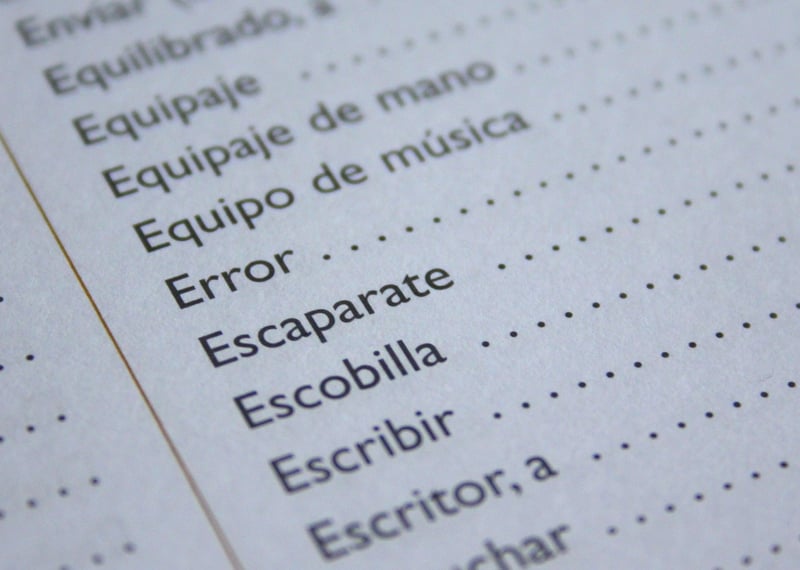Language Translation
Preparation Advice for Language Translation
Language translation is a vital skill in our globalized world, enabling effective communication across borders and cultures. Whether you are a professional translator or someone looking to translate documents for personal use, adequate preparation is key to ensuring accurate and high-quality translations. Here are some essential tips to help you prepare for language translation:
1. Understand the Context
Before starting the translation process, familiarize yourself with the context of the text. Understanding the purpose, target audience, and cultural nuances will help you convey the message accurately in the target language.
2. Research Terminology
Research specialized terminology related to the document you are translating. Create a glossary of key terms to maintain consistency throughout the translation and ensure the use of appropriate industry-specific language.
3. Use Reliable Resources
Utilize reputable dictionaries, online translation tools, and style guides to aid your translation process. Verify the accuracy of the resources you use to avoid errors in translation.
4. Consider Cultural Differences
Be mindful of cultural differences that may impact the translation. Adapt the content to suit the cultural norms and preferences of the target audience to ensure the message resonates effectively.
5. Proofread and Revise
After completing the translation, proofread the text thoroughly to correct any grammatical errors, typos, or mistranslations. Revision is crucial to delivering a polished and accurate final translation.
6. Seek Feedback
Request feedback from native speakers or experienced translators to gain insights and improve the quality of your translation. Constructive criticism can help enhance your skills and refine your translation approach.
7. Stay Updated
Keep yourself informed about language trends, new vocabulary, and cultural shifts to stay relevant in the field of translation. Continuous learning and adaptation are essential for professional growth.
By following these preparation tips, you can enhance the quality and accuracy of your language translations, making them more impactful and effective in bridging linguistic barriers.

Image Source: Pixabay
